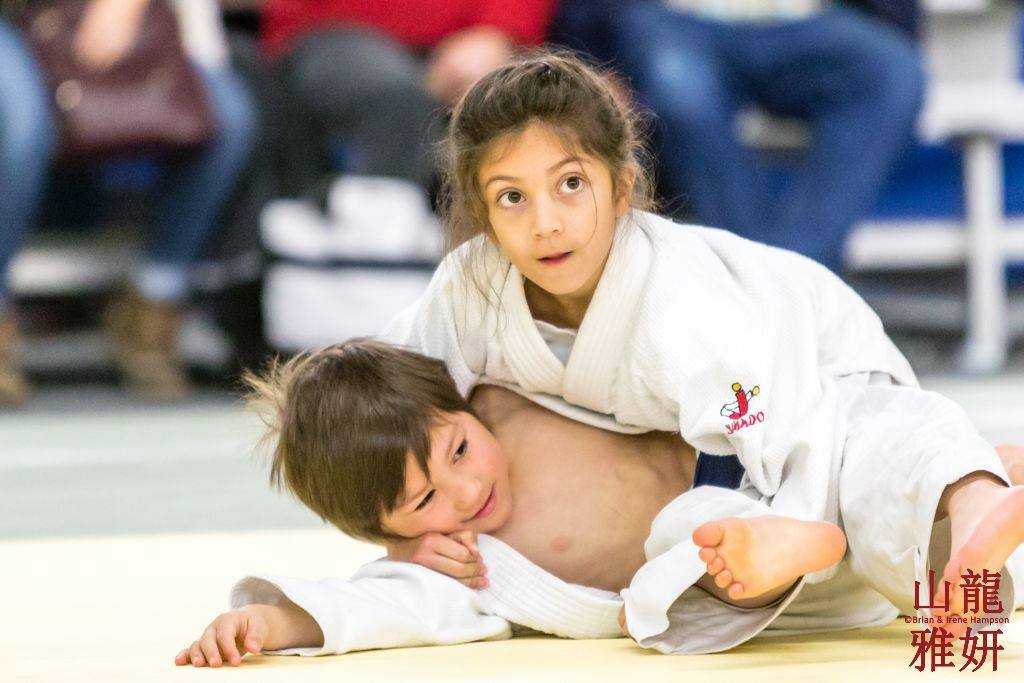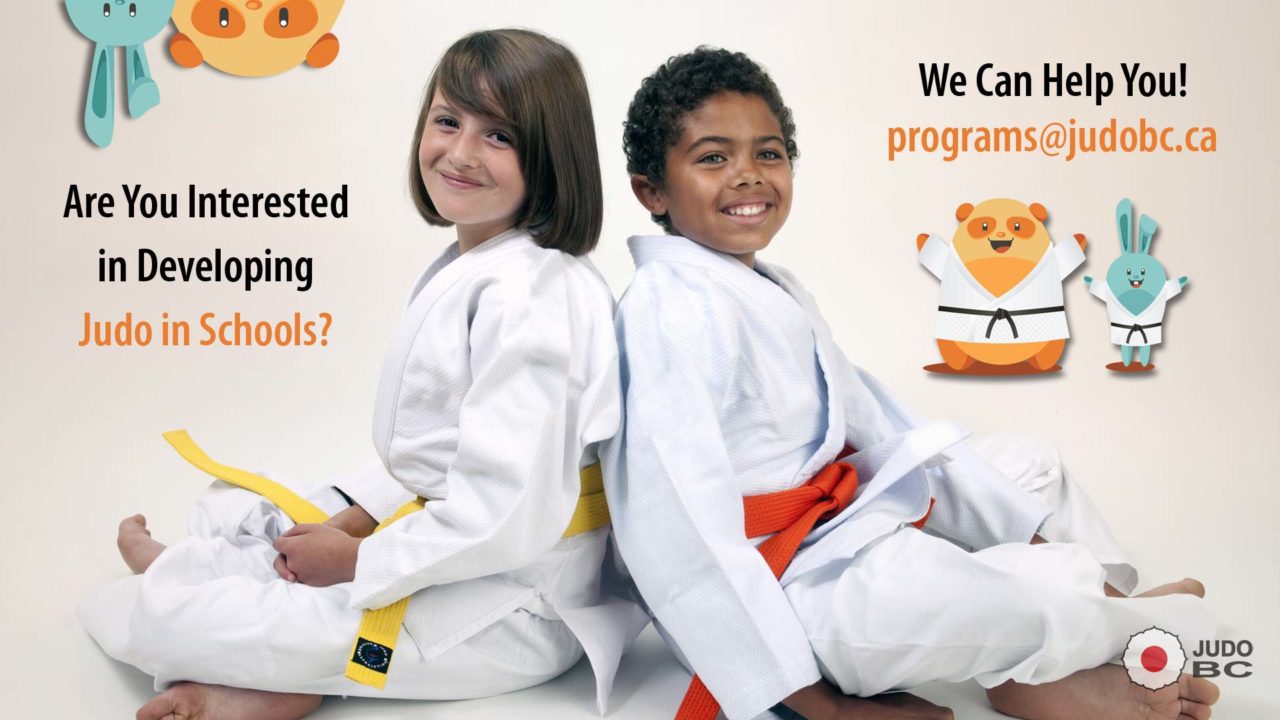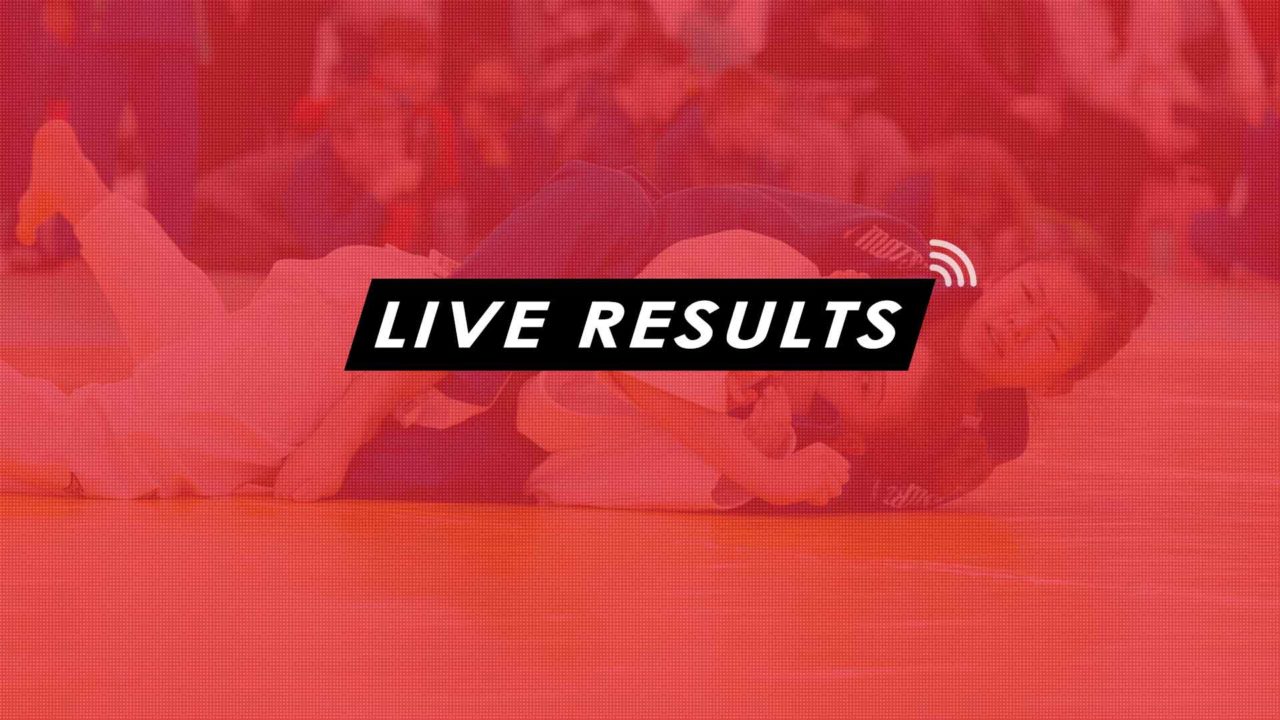Judo After School… What Is It?
Judo is a complementary sport activity to the overall development of the child. Judo is a way of promoting the physical, emotional and social development of the child.
The opposition games / judo activity allows the child to make contact with a new and unusual, unusual environment. He must adapt to it and feel pleasure in moving about.
Engine, cognitive and emotional abilities will be developed.
We will introduce, first of all, the games of cooperation to go towards situations of opposition games then the fight.
The child will learn to respect the partner and the opponent.
We also approach the notion of competition while being loyal and respecting the sportsmanship. Accept the rule of the game, respect it and enforce it. Relativiser the importance of victory and defeat.
What Are the Objectives?
The principle is simple: to bring down the opponent with specific techniques of judo. The ultimate goal: Win by IPPON, the strongest point in the fighting.
Judo is a sporting activity that helps develop the basic motor skills that children need, such as running, jumping. These motor skills provide children with the confidence they need to participate in various physical activities, sports and games.
Judo also participates in the improvement of the factors of balance and coordination. Fall control allows the child to catch the shocks in case of accidents.
How to Practice?
All it takes is a judogi (cotton jacket), a belt (different according to experience) (could be loaned by the judo federation) and tatami to cushion ground contacts.
When to Practice?
- Where: In the school gymnasium, theater or other appropriate available space.
- When: After school starting after 2:40pm, 1 hour per week, according to demands.

What Happens During a Session?
Sessions are composed of the following.
- Salutes
- A warm-up
- Learning of ground and standing techniques – learning of falls
- Training games
- A return to calm
Learning a Moral Code based on 8 values (courtesy, courage, honor, friendship, self-control, modesty, sincerity and respect) is also taught to the students during the sessions.

 SHOP
SHOP













